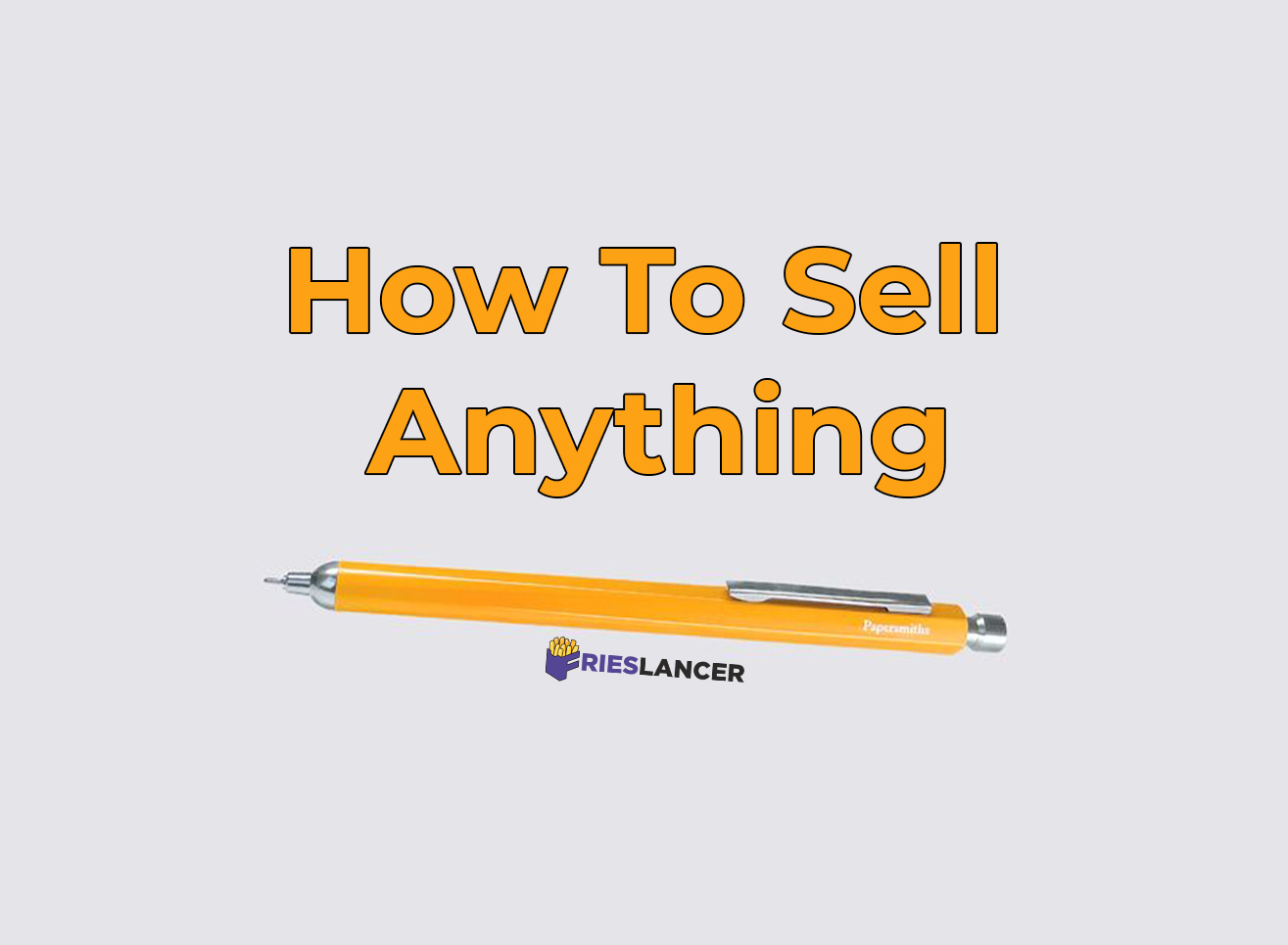-
How To Sell Anything. Study of consumer demands
4 min read How To Sell Anything. Study of consumer demands

A certain John lives in the county town N. John is the manager. He has clients. His task is to sell them his product. The product is wonderful in all respects. The reviews are excellent. In another provincial town, he was highly praised. John believes that if he can convince the customer that he has a good product, the customer will definitely buy it. During the conversation with the client, all the manager's attention is focused on the product. And the customer also praises the product.
And now John is getting ready to close the deal in joyful anticipation. Only the client does not want to buy the product for some reason. And why don't you want to take it? Still great! And we communicated so well…
But you can do it differently. You can find out what the client's problems, needs and tasks are. Your goal is not to convince which product is all beautiful, but to understand how your product can help the customer. John should have in his head the thought "my product solves such and such tasks", and not "my grass is the greenest!".
People love sincerity. Therefore, if you sincerely take an interest in the client's life, he will feel it. You are no longer just selling a product. You solve the client's tasks.
Yes, it will take more time and effort than just praising your product. And you have no guarantees that the information will be accurate. But each approach has inherent risks. Plus, you'll be moving in the right direction. John is now focused on the customer, not the finished product.
Another advantage of this approach. You will understand in the early stages, but what a hell is a goat accordion. That is, whether the customer needs your product at all. And then suddenly you just stand there and crucify yourself in front of him. You stop wasting your precious time on meaningless conversation. And also save the client's time. This is also important. You will find your customer who will need your product. And it will happen faster if you use the resource rationally.
We have a beautiful picture in our head where you walk into a conference room, drop a pen on the table, say "sold" and come out with a multimillion-dollar contract to the gasp of colleagues. You can strive for this as an unattainable ideal. But let's live in the real world. If a person does not need something, he is unlikely to want to spend his money on it.
It is important for John to understand: the customer buys according to needs.



